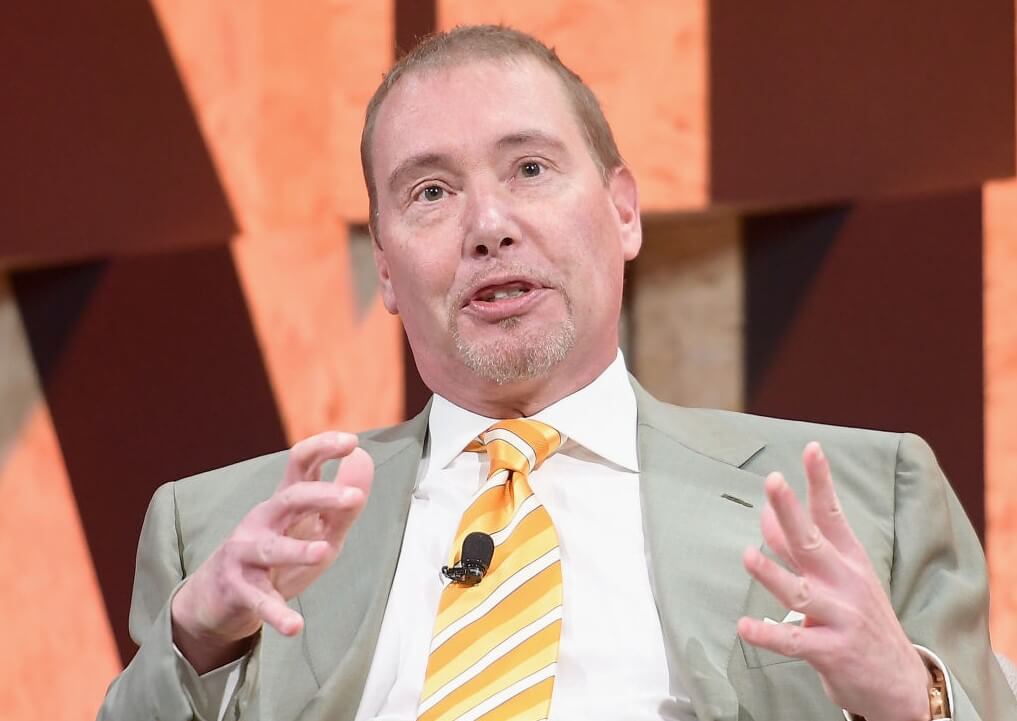DoubleLine Capital CEO and “Bond King” Jeffrey Gundlach said this week the chances of a recession before the 2020 election are rising as consumer worries grow.
“I think the economic data has gotten a little bit better, yet I still think, when we put it all together … it seems that there is an increasing probability of a recession before the 2020 election,” Gundlach said during an interview with CNBC’s Scott Wapner.
Of course, no one is all-knowing of when the next recession exactly will start, but Gundlach noted a number of measures when trying to nail down the odds of a recession occurring, and his No. 1 indicator is consumer sentiment.
And consumer sentiment, Gundlach said, is becoming more and more grim about the future while still feeling OK about present conditions — and this exact sentiment generally happens before a recession.
“What happens before recession every time in a very convincing pattern is that first consumers start to feel bad about the future,” he said. “They say ‘the future looks worse than how I feel about the present.’ And that started a while ago now, where the view of the future was much grimmer than the view of today.
“That puts you on kind of a notice, just like the yield curve inverting, that maybe you’re supposed to be on recession watch. But then what happens is that the consumer continues to be pessimistic about the future, but then their attitudes about the present start to deteriorate. And that has started to happen.”
However, Gundlach freely admits that the most recent economic data is “nowhere near as scary” as it was about a month ago when the yield curve inverted several times, another tried and true indicator of an incoming recession, though, they occur about 22 months after the inversion.
“The way history has kind of proved to work … is the curve inverts well before a recession,” Gundlach said. “What people don’t understand is that when the recession is getting to be close to your doorstep, the curve actually steepens out because the Fed gets the jokes, finally, that they’re behind the curve and they need to cut interest rates more.”
